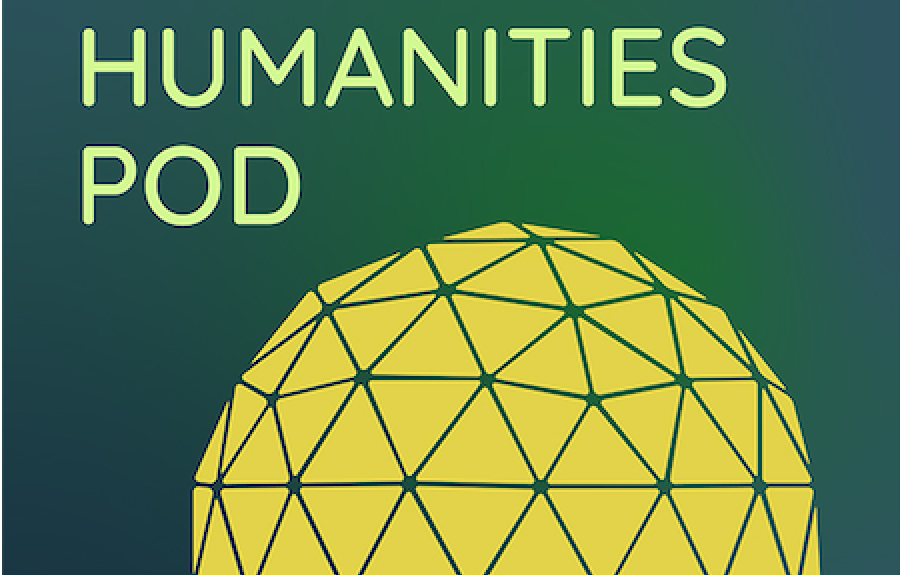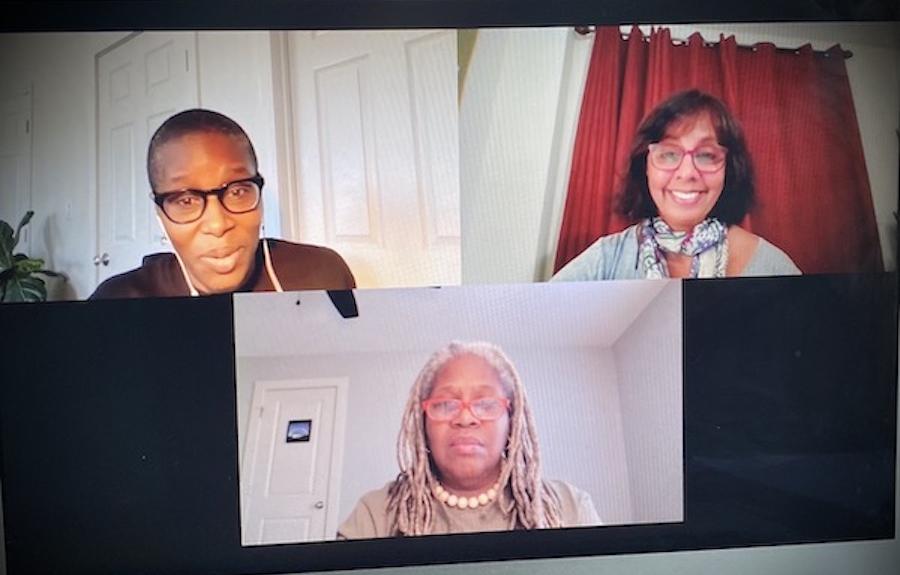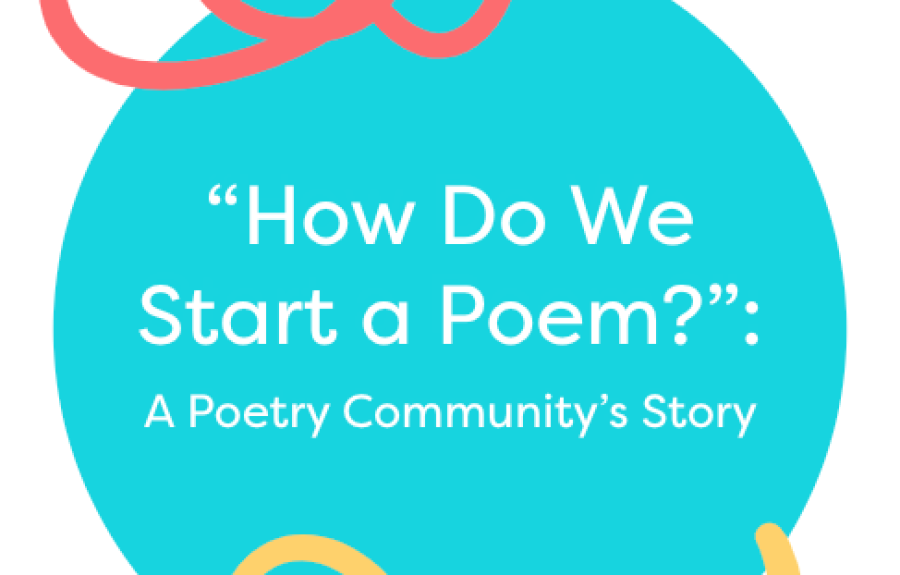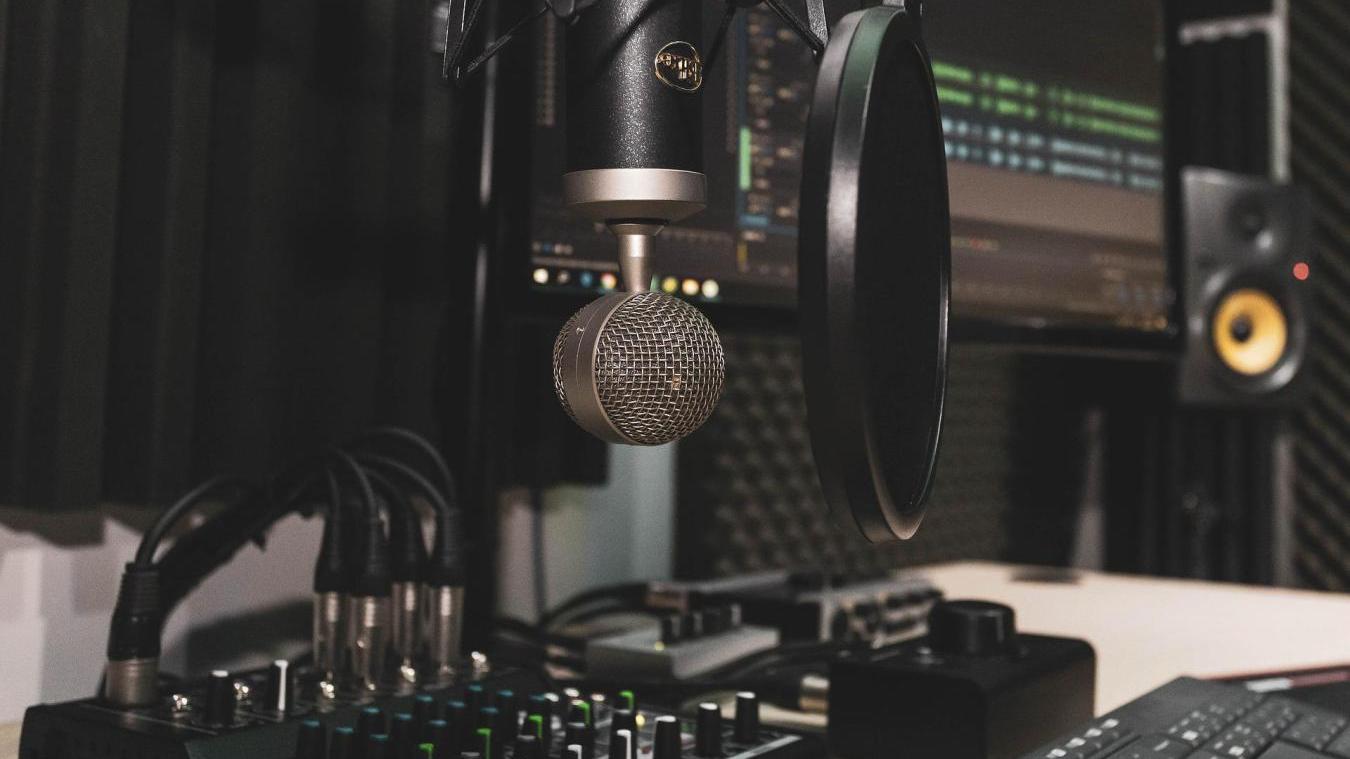Dive into rural humanities topics by exploring our podcast episodes, webinars, essays, and other open access materials. The Rural Humanities initiative aims to make this content accessible and relevant to the academic community at Cornell, our local and rural communities, and the general public.

The Society for the Humanities at Cornell is proud to present our new podcast, The Humanities Pod. Informal conversations with faculty members, community collaborators, and special guests shine a light on some of the new work, the current conversations, and the latest ideas of humanists at and around Cornell. Several episodes have featured Rural Humanities collaborators.
...A greater sense of awareness of where the land that built Cornell University actually came from, and to encourage all of us here at Cornell to think more carefully about the implications of that fact.
Indigenous Dispossession and the Founding of Cornell: Part 1 with Jon Parmenter

Black Land Matters
Black Land Matters: This webinar is a conversation between Natalie Baszile, filmmaker and author of the novel Queen Sugar, and Karen Washington, co-founder of Black Urban Growers (BUGS). Moderated by Anu Rangarajan, director of the Cornell Small Farms Program, the speakers will address the issues surrounding the loss of Black property as well as the connection between food and land justice and African Americans’ contemporary struggle for justice in general.
You can almost think of farming as a metaphor for being engaged in this American experiment. And when you think about the history of what farming represented, it represents an opportunity to vote, it represents independence.

Poetic Justice
Spearheaded by Rural Humanities 2020 Spring Seminar participant Shaloni Pinto (ILR, '20), the Poetic Justice project built on Cornell’s long-standing collaboration with George Junior Republic High School in Freeville, NY. Pinto's experiences are detailed in the linked online booklet, a digitized version of her essay (available online) titled "'How Do We Start a Poem?': A Poetry Community’s Story."
I never “taught” a poem and was careful to avoid a definitive role as the interpreter of its intentions. Our knowledge of our poems stemmed from discussion.

